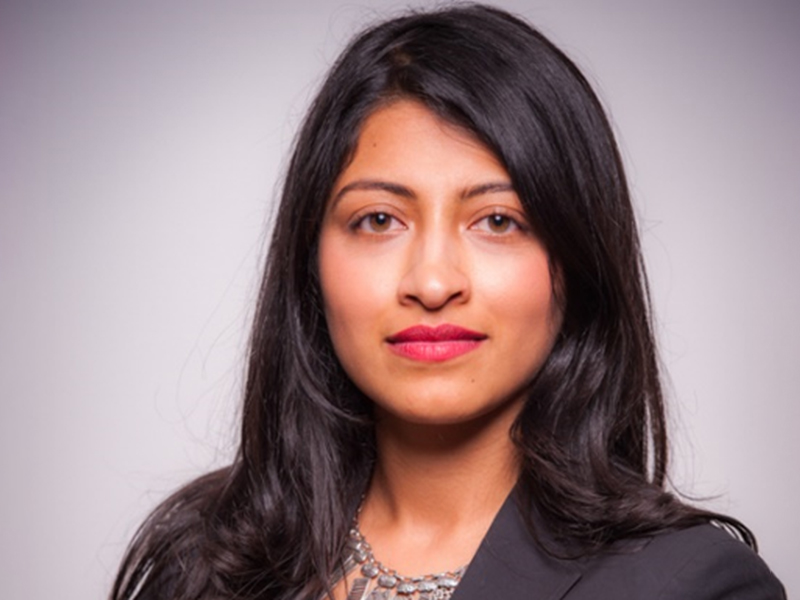The Food Environment Transition Towards Sustainable Diets
Selena Ahmed, Ph.D. | Assistant Professor of Sustainable Food Systems and Principal Investigator, Agroecology and Ethnobotany Group of the Food and Health Lab, Montana State University
Watch This Presentation:
During her presentation entitled "The Food Environment Transition towards Sustainable Diets," Dr. Selena Ahmed, a professor at Montana State University, outlines the global trends of the food environment and recommendations of how to support sustainable diets.
Dr. Ahmed stresses that they key challenge of our current age is supporting healthy diets and planetary health. With help from the United Nations, sustainable goals have been created to educate and encourage people to live a more sustainable lifestyle.
"Food production places greater stress on ecosystems than any other human activity, including land use change, disruptions to habitat, disruptions to ecosystem services, loss of biological diversity, agricultural runoff as well as greenhouse gas emissions. However, not everything we eat has equal impact on the environment."
While a lot of the planetary population struggles with food insecurity, including communities in America, the majority of food is wasted at a consumer level. And as climate change continues, the way we run the food system also changes. Crop quality is predicted to shift along with the temperatures and precipitation changes, leading to unforeseen changes in agricultural production.
"While food production impacts or is disrupting ecosystem services, we also cannot produce food without these ecosystem services such as pollination and nutrient cycling," noted Dr. Ahmed.
Dr. Ahmed said that these factors lead to a need in shifting to sustainable diets to support ecological and human well-being. Not only do people have individual preferences on what to eat, but their food environment affects them by influencing affordability and convenience of products. Dr. Ahmed also mentions that not all food environments support sustainability and often the more sustainable choice is not accessible nor desirable.
As food availability changes, we see an increase in diversified consumer goods, which come from a smaller set of species and higher visibility of crops that support ultra-processed foods. So much marketing goes towards unhealthy foods that healthy food remains less affordable and leads to food undesirability. Dr. Ahmed says that we need to put an emphasis on food systems that support biodiversity, low greenhouse gas emissions, local cultural access and sovereignty in order to change our diets and the planet's health.
Additional Resources:

About the Speaker
Dr. Selena Ahmed is an assistant professor of sustainable food systems at Montana State University (MSU), co-founder of the Food and Health Lab, and Director of the MSU Translational Biomarkers Core. Her research examines the socio-ecological determinants of environmental and human wellbeing in the food system, focusing on the following three priority areas in the context of global change: strengthening the resilience of farms and farmers through agro-ecological management, enhancing community food environments that support sustainable diets and building capacity of future food system leaders. Selena has carried out food systems research in China, India, Morocco, Venezuela, Belize, the Dominican Republic and the United States. The ultimate translational goal of her research program is to strengthen linkages and innovations in the food system towards supporting biodiversity, livelihoods, and food security at the local, national, and global levels. Towards this goal, she collaborates with diverse stakeholders to apply research findings to develop evidence-based plans, programs and policies towards advancing sustainable food systems.




